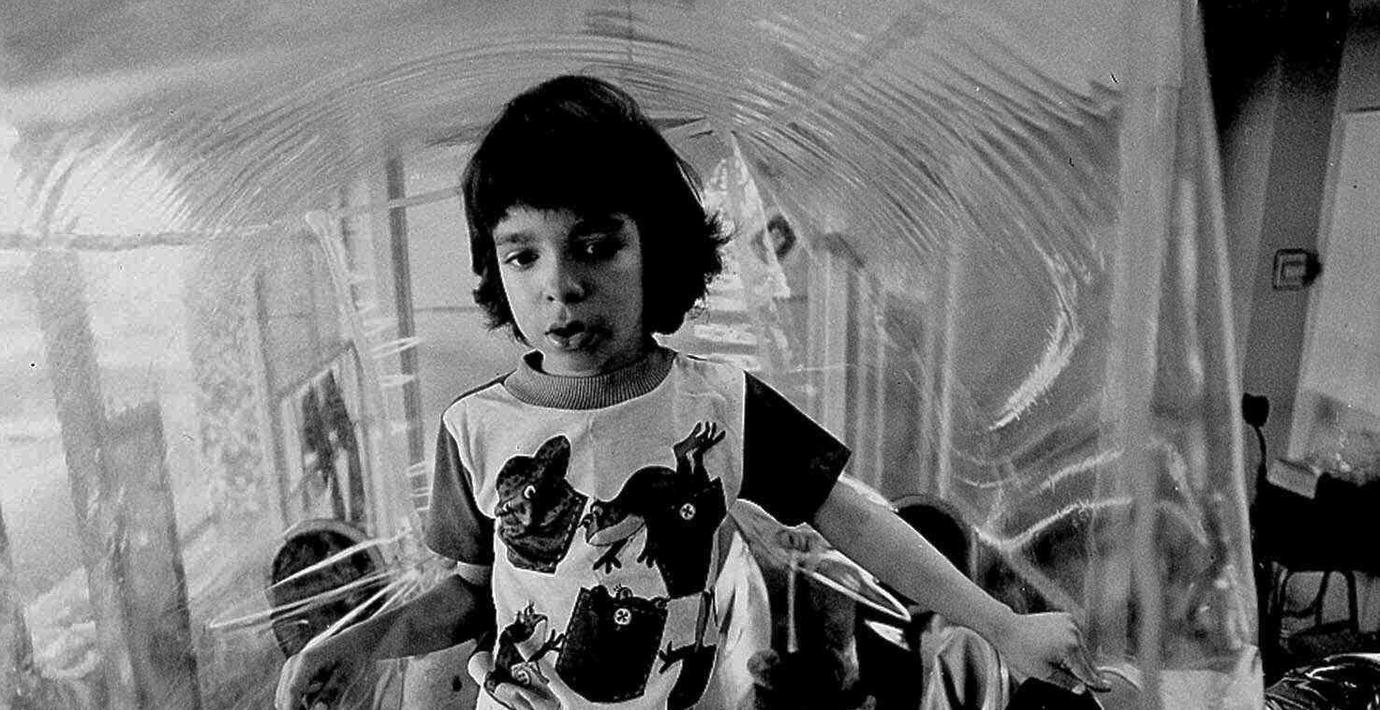
Video: Åtta ”bubble boy”-sjuka barn botade med hiv
Amerikanska forskare har använt hiv i genterapi och därmed lyckats bota åtta barn med SCID, svår kombinerad immunbrist. Den ovanliga sjukdomen gör att barn har väldigt lågt eller inget immunskydd.
– Jag är överlycklig av att se de här fantastiska resultaten, säger Ewelina Mamcarz, vid forskningssjukhuset St Jude, som är huvudförfattare till studien, till NPR.
Det mest kända fallet av sjukdomen var David Vetter som föddes 1971 och levde stora delar av sitt 12-åriga liv i en stor plastkub. Efter Vetters fall blev SCID även känt som bubble boy-disease.
bakgrund
SCID, svår kombinerad immunbrist
Wikipedia (en)
Severe combined immunodeficiency, SCID, also known as alymphocytosis, Glanzmann–Riniker syndrome, severe mixed immunodeficiency syndrome, and thymic alymphoplasia, is a rare genetic disorder characterized by the disturbed development of functional T cells and B cells caused by numerous genetic mutations that result in differing clinical presentations. SCID involves defective antibody response due to either direct involvement with B lymphocytes or through improper B lymphocyte activation due to non-functional T-helper cells. Consequently, both "arms" (B cells and T cells) of the adaptive immune system are impaired due to a defect in one of several possible genes. SCID is the most severe form of primary immunodeficiencies, and there are now at least nine different known genes in which mutations lead to a form of SCID. It is also known as the bubble boy disease and bubble baby disease because its victims are extremely vulnerable to infectious diseases and some of them, such as David Vetter, have become famous for living in a sterile environment. SCID is the result of an immune system so highly compromised that it is considered almost absent.
SCID patients are usually affected by severe bacterial, viral, or fungal infections early in life and often present with interstitial lung disease, chronic diarrhea, and failure to thrive. Ear infections, recurrent Pneumocystis jirovecii (previously carinii) pneumonia, and profuse oral candidiasis commonly occur. These babies, if untreated, usually die within one year due to severe, recurrent infections unless they have undergone successful hematopoietic stem cell transplantation.
David Vetter – ”bubble boy”, 1976

Omni är politiskt obundna och oberoende. Vi strävar efter att ge fler perspektiv på nyheterna. Har du frågor eller synpunkter kring vår rapportering? Kontakta redaktionen